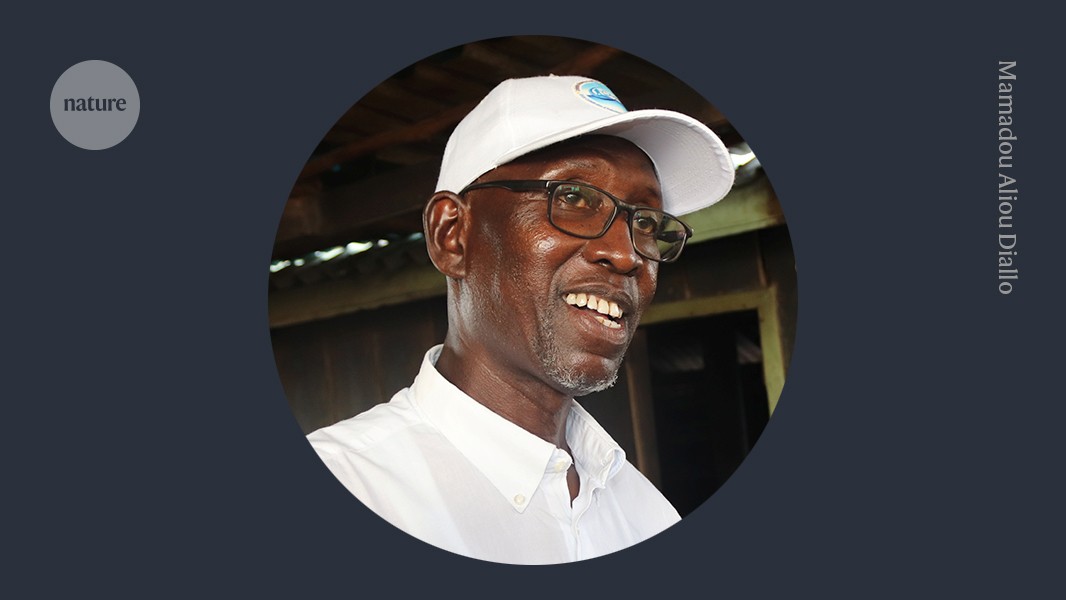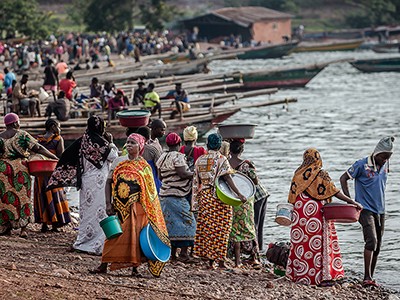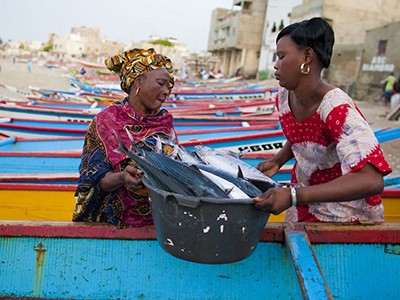In Senegal, the sound of the waves shapes daily life. From our canoes, small-scale fishers like me supply local markets with a steady source of food, in a context in which more than 282 million Africans face severe food insecurity. Globally, small-scale fishing supports about 500 million people.
We do not seek to dominate the seas. We seek to coexist. Small-scale fishing, with its low ecological impact, selective methods and knowledge passed down through generations, is a model of sustainability. This is a ‘blue economy’ that respects life.
Small-scale fisheries
In Senegal, fishers have voluntarily closed certain fisheries to preserve species. Fishers in Nianing stop catching octopuses for part of the year and immerse clay and shell pots in the sea to help the creatures to reproduce. Others are experimenting with community-led tracing systems. Identifying which canoes have fished, where they have fished and the species caught adds value to local products for consumers.
But our future is under threat. Industrial overfishing scrapes our sea beds; coastal urbanization eats away at our workspaces; plastic pollution invades our nets; climate change alters fish-migration routes, erodes beaches through rising seas and destroys fishing nets in storms.
Women are the heart of the sector: they process and sell the catch. Without them, there are no fish on the table. Yet, they remain invisible in public policy.
I did not learn about these problems from books. I’ve lived them. I have seen canoes banned from beaches where they have historically been based. I have seen women excluded from their fish-processing sites. I have seen young people leave the trade because it lacked prospects. But I have also seen success stories: villages creating their own community fishing zones, women innovating in fish processing and young people developing mobile applications for tracking catches and fish sales.
Sustainable small-scale fisheries can help people and the planet
Every bit of aquatic space, every fish, every right, matters. That’s why, for more than 30 years, I have worked to defend the rights and improve the living conditions of those who rely on the sea to survive. Today, I am president of the African Confederation of Professional Organizations of Artisanal Fisheries, based in Mbour, Senegal, which links 27 organizations from 29 African countries. I also coordinate a network of small-scale fishing and aquaculture representatives — the Pan African Platform of Non-State Actors in Fisheries and Aquaculture, which is a partner in the African Union. And I lead the Association for the Promotion and Empowerment of Marine Small-Scale Fisheries Actors.




